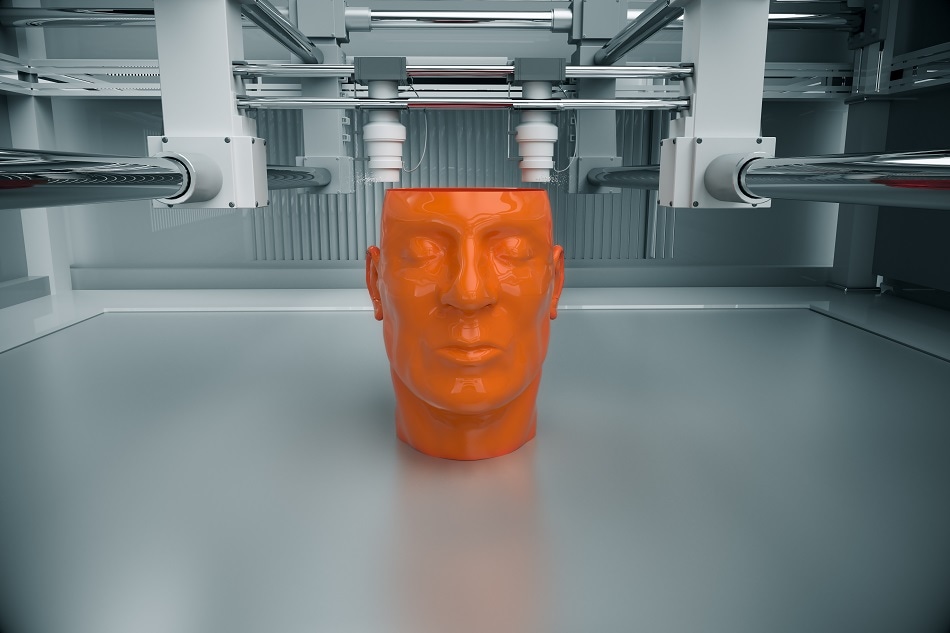Apr 5 2017
 Image Credits: 336055742/shutterstock.com
Image Credits: 336055742/shutterstock.com
If bottlenecks are improved, the speed of the entire 3D printing process could be improved. This has been found by a team of researchers from MIT, Binghamton University and State University of New York.
It was found, by a research team led by Professor John Hart from the Department of Mechanical Engineering and Laboratory for Manufacturing and Productivity at the Massachusetts Institute of Technology, and Scott Schiffres, Binghamton Assistant Professor of Mechanical Engineering, that several conventional desktop and professional AM systems build objects at about 10-20 cubic centimeters per hour when printing at a 0.2 millimeter thickness.
A limitation of the system is the mechanism that is used to supply building material, currently a pinch-wheel. In order to fully melt building material the pinch-wheel is limited in the feed rate (about nine millimeters per second) and the force it can use (about 60 newtons).
We found that the rate at which a polymer melts is limiting in many implementations. The pressure required to push the polymer through the nozzle is a sharp function of temperature. If the core is not hot enough, the printer will not be able to squeeze the polymer through the nozzle. The work has implications for how to scale up additive manufacturing and the trade-off between higher-resolution printing and speed. We hope it will inspire future work to investigate pre-heating of the polymer, and printing with multiple extruders.
Scott Schiffres, Assistant Professor of Mechanical Engineering, Binghamton University
The paper, is currently available online in Additive Manufacturing, titled "Rate Limits of Additive Manufacturing by Fused Filament Fabrication and Guidelines for High-Throughput System Design".
The work was supported by a grant from the Lockheed Martin Corporation, while the Department of Defense, the MIT International Design Centre (IDC) and MIT MakerWorks also supported the project.